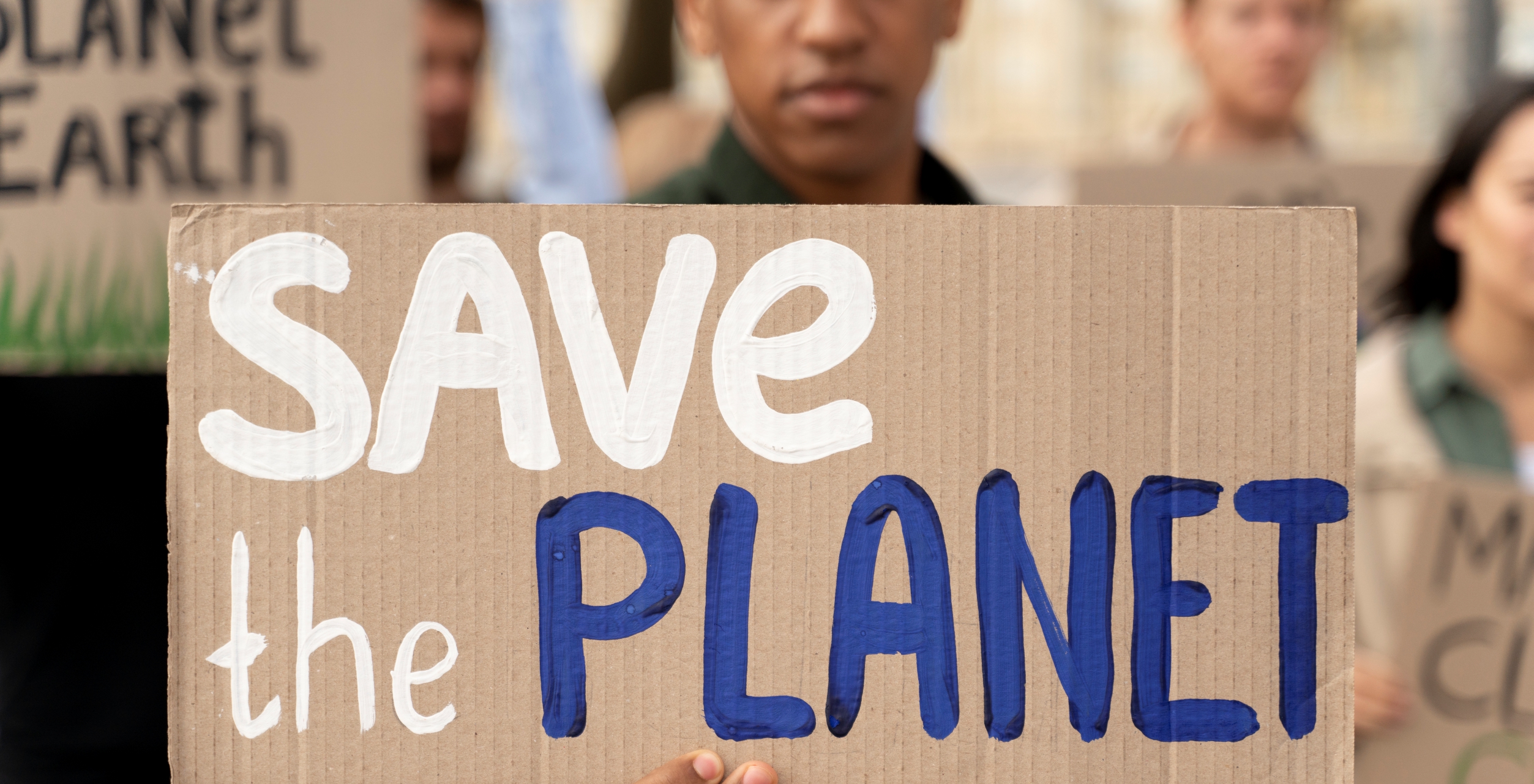As the world grapples with the escalating impacts of climate change, the question persists: Is there true change happening? Despite global awareness, initiatives, and policies, the urgency to address climate change has never been more pressing. Climate change is no longer a distant threat—its effects are evident in extreme weather events, rising sea levels, disrupted ecosystems, and the increasing burden on public health. Coastal areas, particularly in Lagos and the Niger Delta, are grappling with severe flooding and erosion. It is worth noting that the Nigerian government, private organisations, and non-governmental bodies have begun to take steps to combat these effects, and NIFDEM Consulting is playing a critical role in this effort.

Climate Change and Its Impact in Nigeria
Nigeria, a country with abundant natural resources and a rapidly growing population, is facing the harsh realities of climate change. From the devastation caused by flooding in the Niger Delta and Lagos to the persistent droughts in some parts of the north, climate change has exacerbated existing vulnerabilities in the country. Agriculture, which is central to Nigeria’s economy, is especially vulnerable to changing weather patterns, leading to food insecurity and loss of livelihoods for millions.
The health sector is also grappling with the effects of climate change. Rising temperatures, poor air quality, and water scarcity contribute to the growing burden of diseases such as malaria, respiratory illnesses, and waterborne diseases. The direct connection between climate change and health outcomes emphasises the need for integrated solutions that address both environmental and public health challenges.
Globally, some countries are leading the way with innovative solutions to climate change. For instance, Denmark has significantly reduced its carbon emissions by investing in renewable energy and implementing ambitious sustainability targets. Similarly, Costa Rica has achieved nearly 100% renewable electricity generation.
While Nigeria has unique challenges, such as a heavy reliance on fossil fuels and widespread deforestation, these global examples demonstrate that progress is possible when there is a commitment to change. The lessons learned from these success stories inform NIFDEM’s call for eco-friendly adaptive environmental practices, that allow us to integrate global best practices with local realities.
The Role of NIFDEM Consulting in Climate Change and Health
At NIFDEM Consulting, climate change and health services are priority concerns. We recognise the intertwined nature of these two global issues. The company’s approach to climate change includes comprehensive climate risk assessments, the development of sustainability strategies, climate policy and advocacy, green finance, carbon accounting, and sustainability reporting. These services are designed to guide both public and private sectors in navigating the complexities of climate change while also ensuring that health outcomes are addressed in tandem with environmental sustainability.
Is True Change Happening?
This question may sound rhetorical, however the answer lies in the collective efforts of governments, private sector players, and individuals. In Nigeria, positive signs include increased renewable energy adoption, such as solar mini-grids in rural areas, and growing awareness about the impacts of deforestation. However, these efforts are not yet at the scale needed to reverse the adverse effects of climate change.
Through partnerships with organisations like NIFDEM Consulting, there is hope for a sustainable future. By providing climate services that blend innovation, policy expertise, and financing mechanisms, we aim to accelerate the pace of change and contribute to a healthier, more resilient Nigeria and planet.
NIFDEM Consulting’s integrated approach—addressing climate risks while promoting sustainable practices and advocating for policy change—is a prime example of how the intersection of health and environmental action can lead to long-term solutions. True change is happening, but it requires an unrelenting focus on building resilience, driving innovation, and ensuring that climate action remains at the forefront of development agendas.
In conclusion, the path to meaningful change in the fight against climate change is challenging, but not impossible. With the right strategies, resources, and partnerships, there is potential for transformative progress that not only mitigates the effects of climate change but also improves public health, promotes sustainability, and ensures a better future for generations to come.


